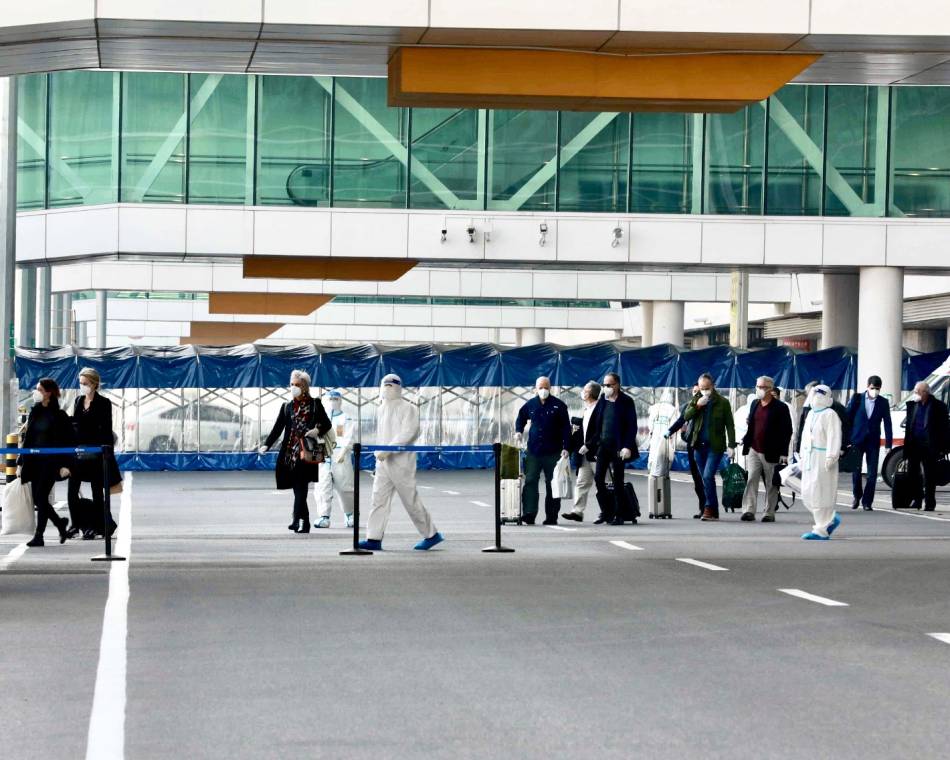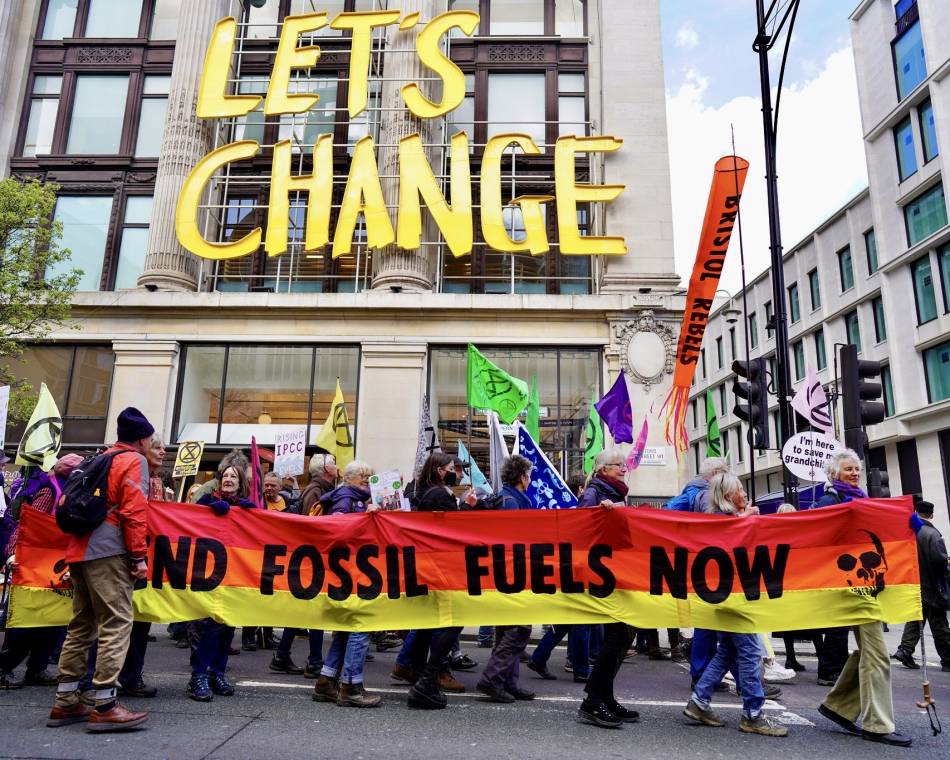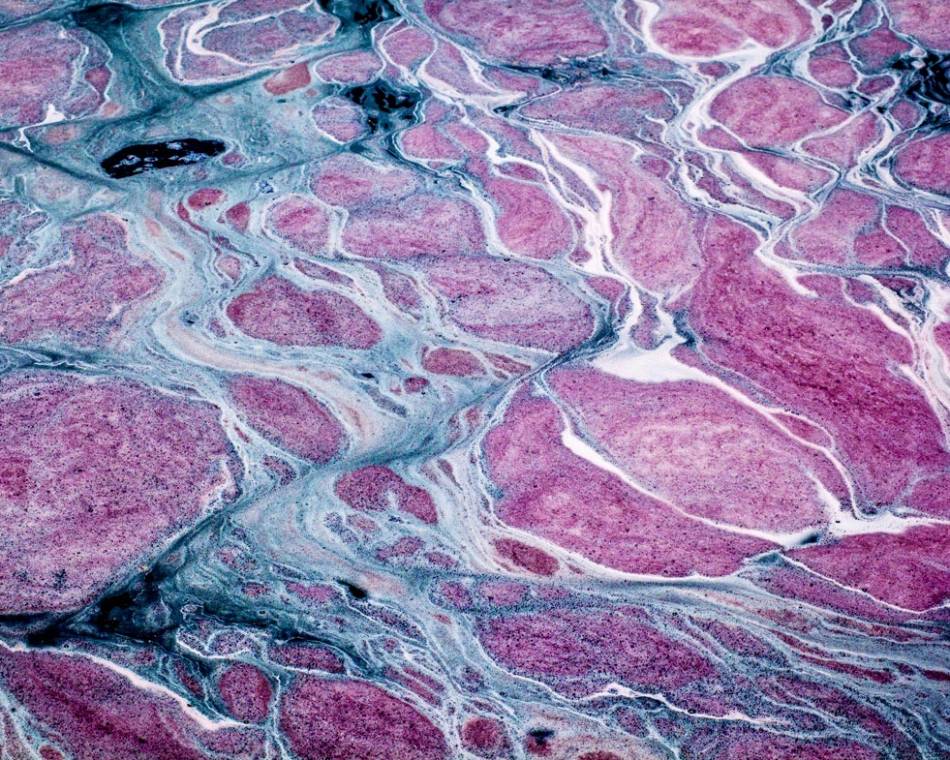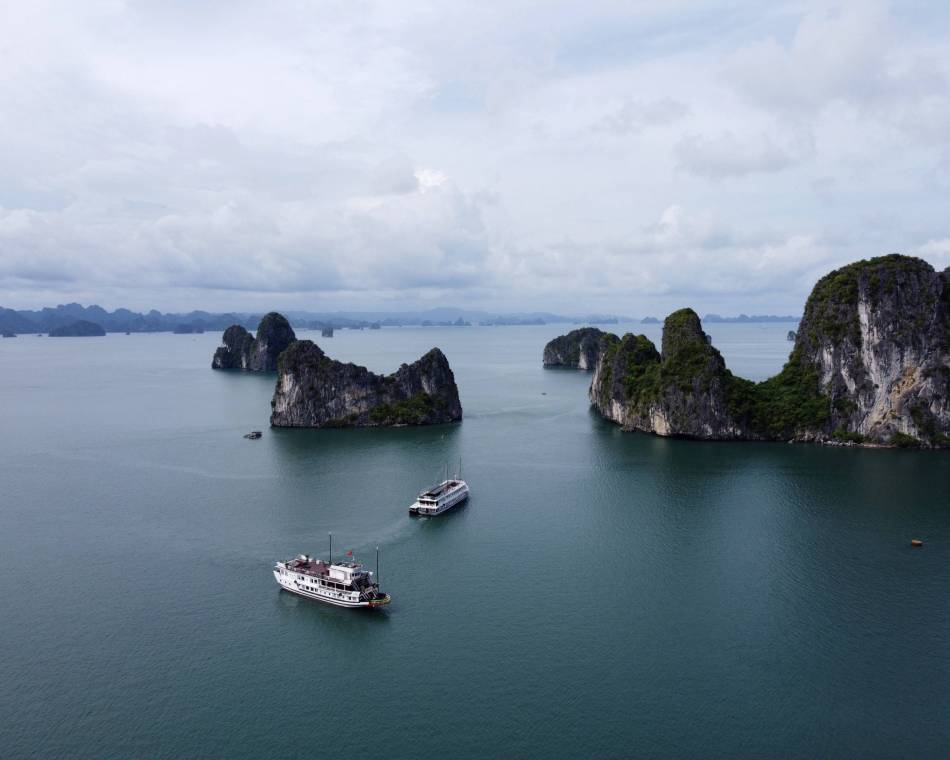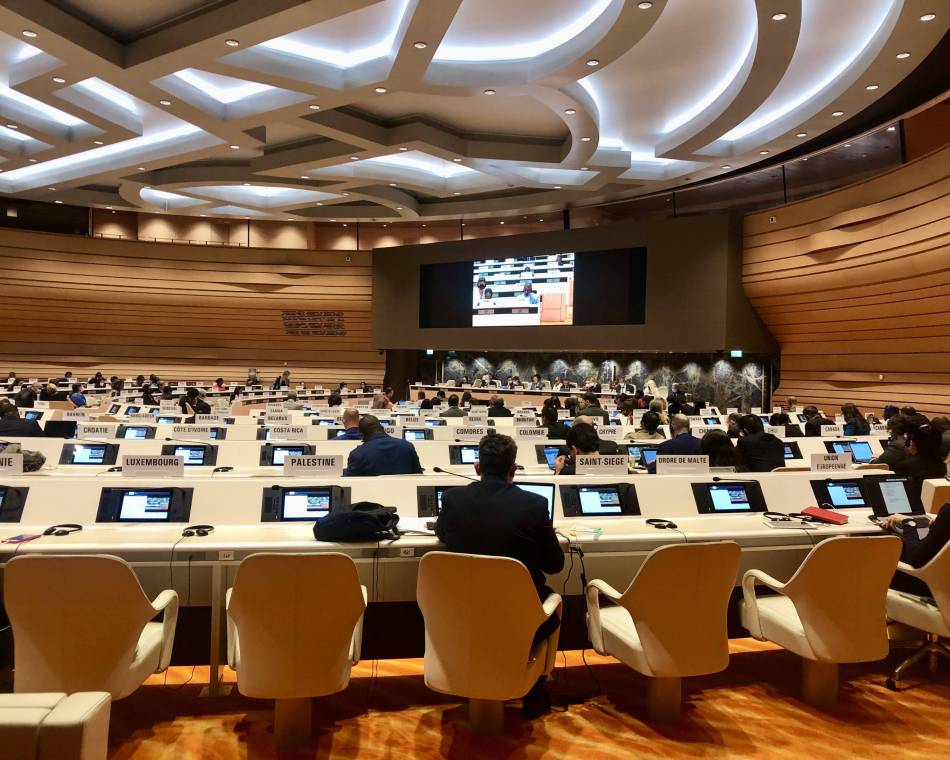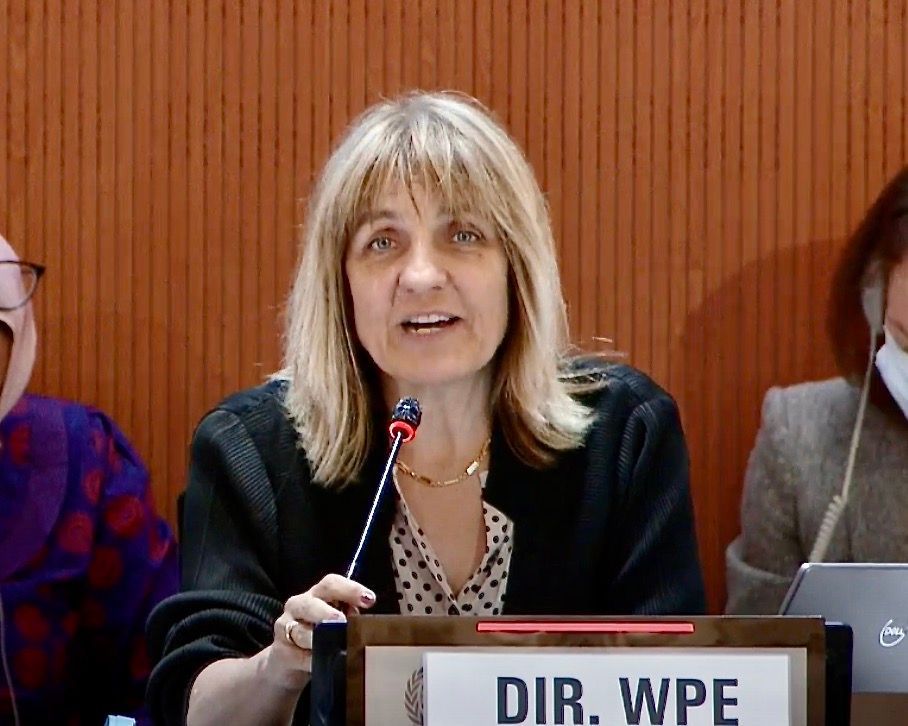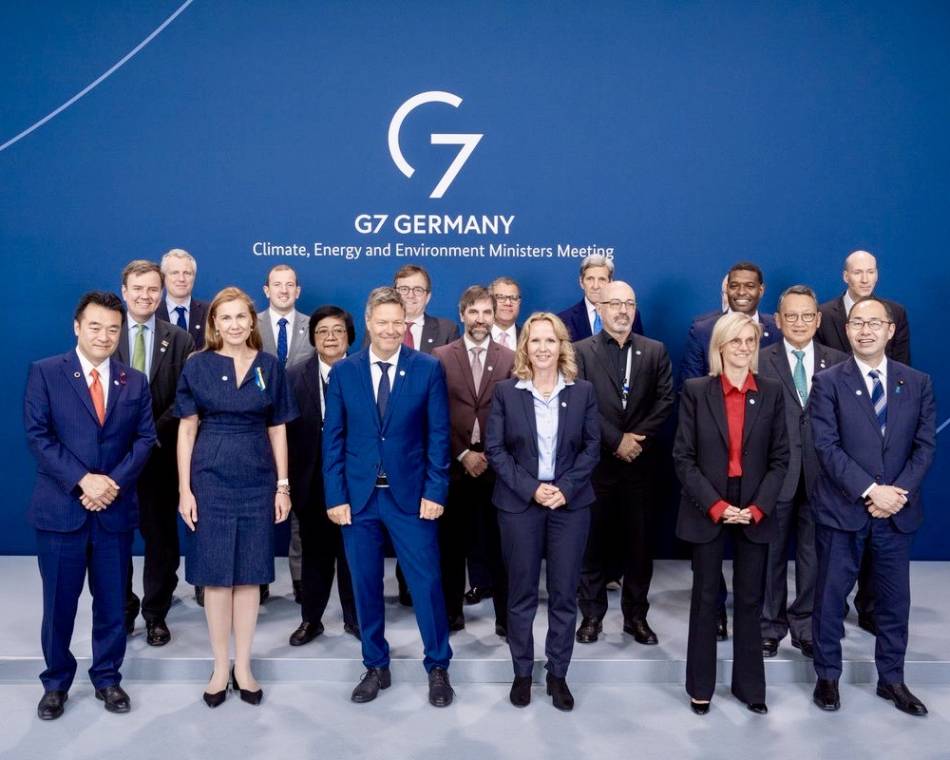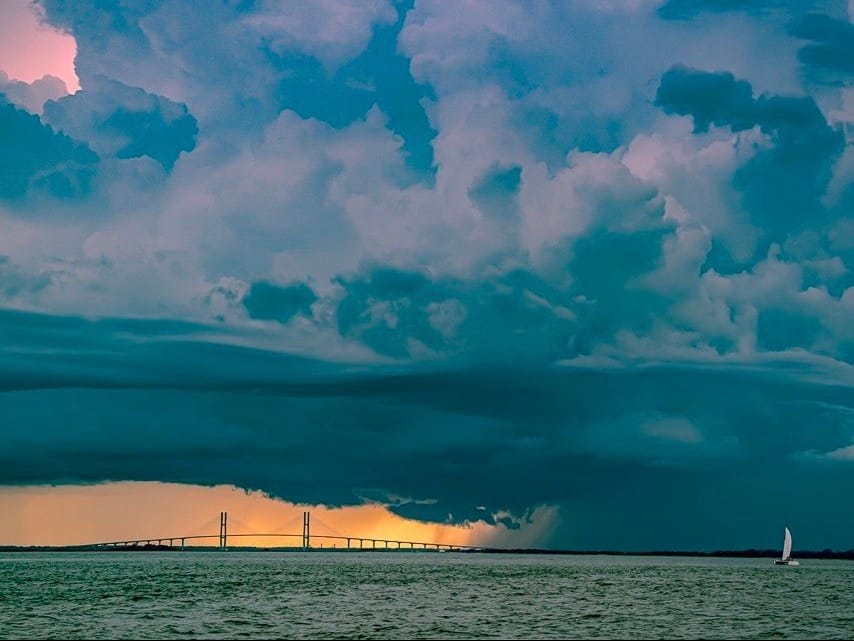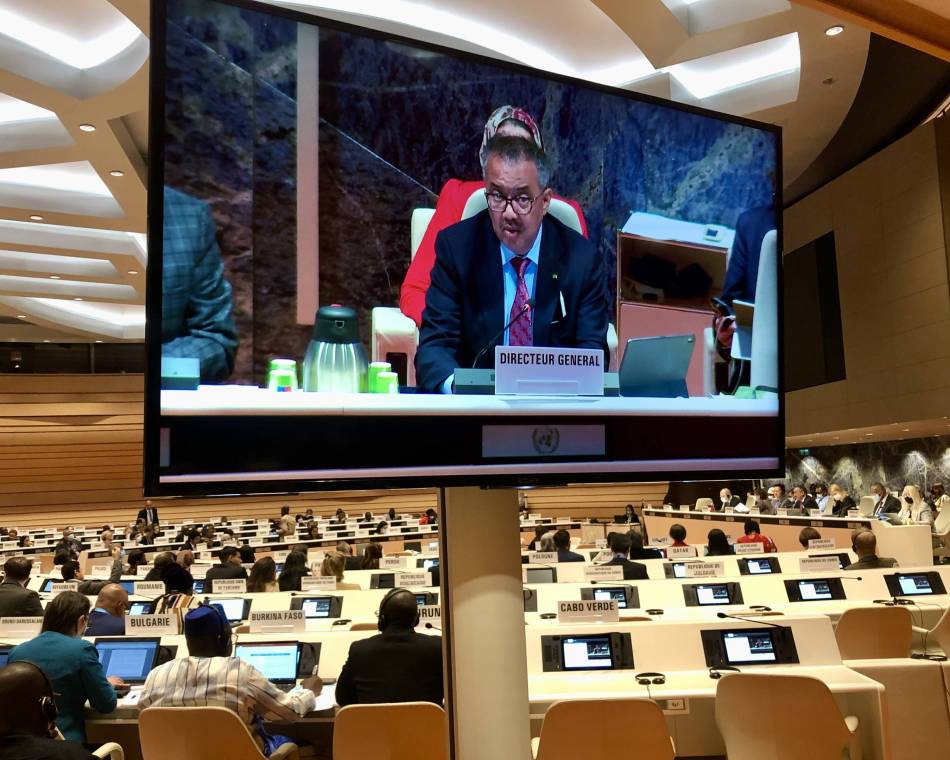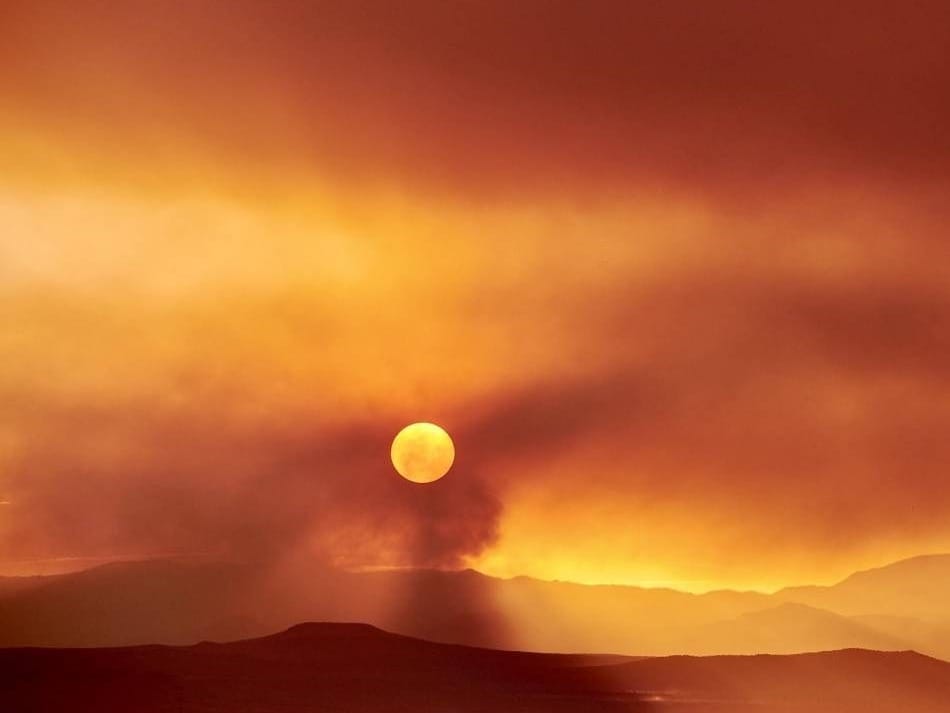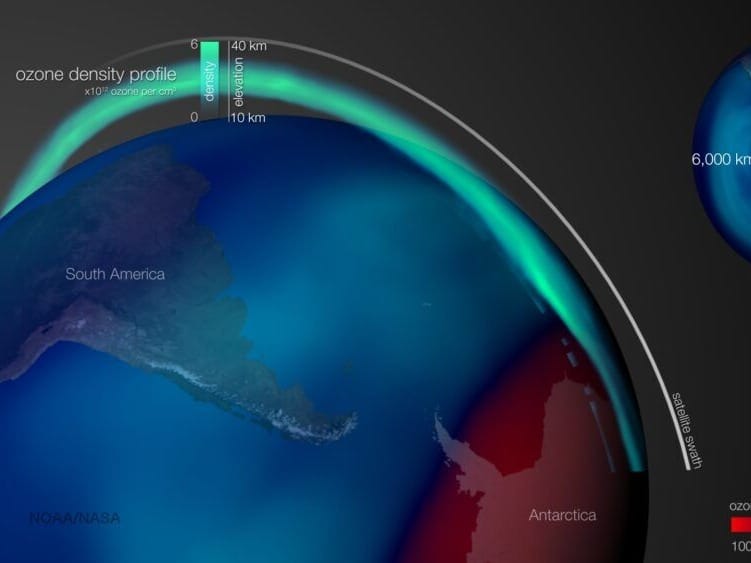
Share of parties to global environmental treaties
Share of parties to international multilateral environmental agreements on hazardous waste and other chemicals that meet their reporting commitments.
Our coverage of the growing convergence of climate and global health issues, including the latest news on the science, politics and economics that are behind it.

Already have an account? Log in
Share of parties to international multilateral environmental agreements on hazardous waste and other chemicals that meet their reporting commitments.
After two years of discounting a controversial pandemic theory, WHO released a report urging "further investigations into this and all other possible pathways."
Tens of millions of people in 20 hunger "hotspots" will need emergency aid as they face a sharply increased risk of starvation, two U.N. agencies predicted.
Climate negotiators in Bonn, Germany began trying to build momentum for greater ambition at the U.N. climate summit that Egypt will host in November.
A group of nations is looking at how they can use regulations for hazardous chemicals and wastes to tackle pollution, global warming and species losses.
Proponents of a U.N. global high seas treaty for protecting biodiversity are set to resume talks in August with the goal of approving it as soon as possible.
Nations appeased conservatives with a new strategy for HIV, viral hepatitis and sexually transmitted infections that omits a glossary of sexual health terms.
With at least 200 cases of monkeypox reported by more than 20 nations, WHO officials warned "it's an unusual situation" with a lot of open questions.
The Group of Seven rich democracies pledged to largely stop relying on coal and other fossil fuels to generate electricity by 2035.
The World Health Assembly voted to condemn and call for an immediate end to Russia's military attacks on Ukraine's hospitals, clinics and ambulances.
In a climate change twist, the U.S. weather agency finds less air pollution can cause more hurricanes.
The World Health Organization's governing body opened its weeklong annual meeting against a backdrop of financial tumoil and war in Europe.
The U.N. weather agency confirmed the past seven years were the hottest on record in a new report that will serve as the basis for global climate negotiations.
An analysis shows various scenarios for how COVID-19 is likely to play out around the world, widening inequalities.
Russia's war in the 'breadbasket of Europe' threatens to cause widespread hunger particularly in Africa and the Middle East, the G-7 warned.
A UN report finds wildfires are burning longer and hotter, and will likely become more frequent in some areas.
